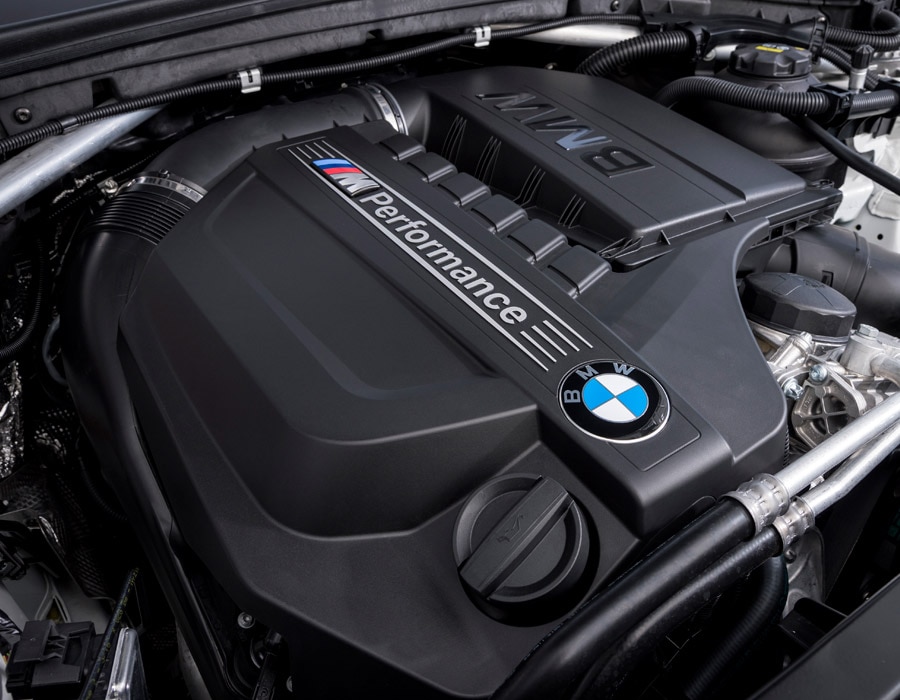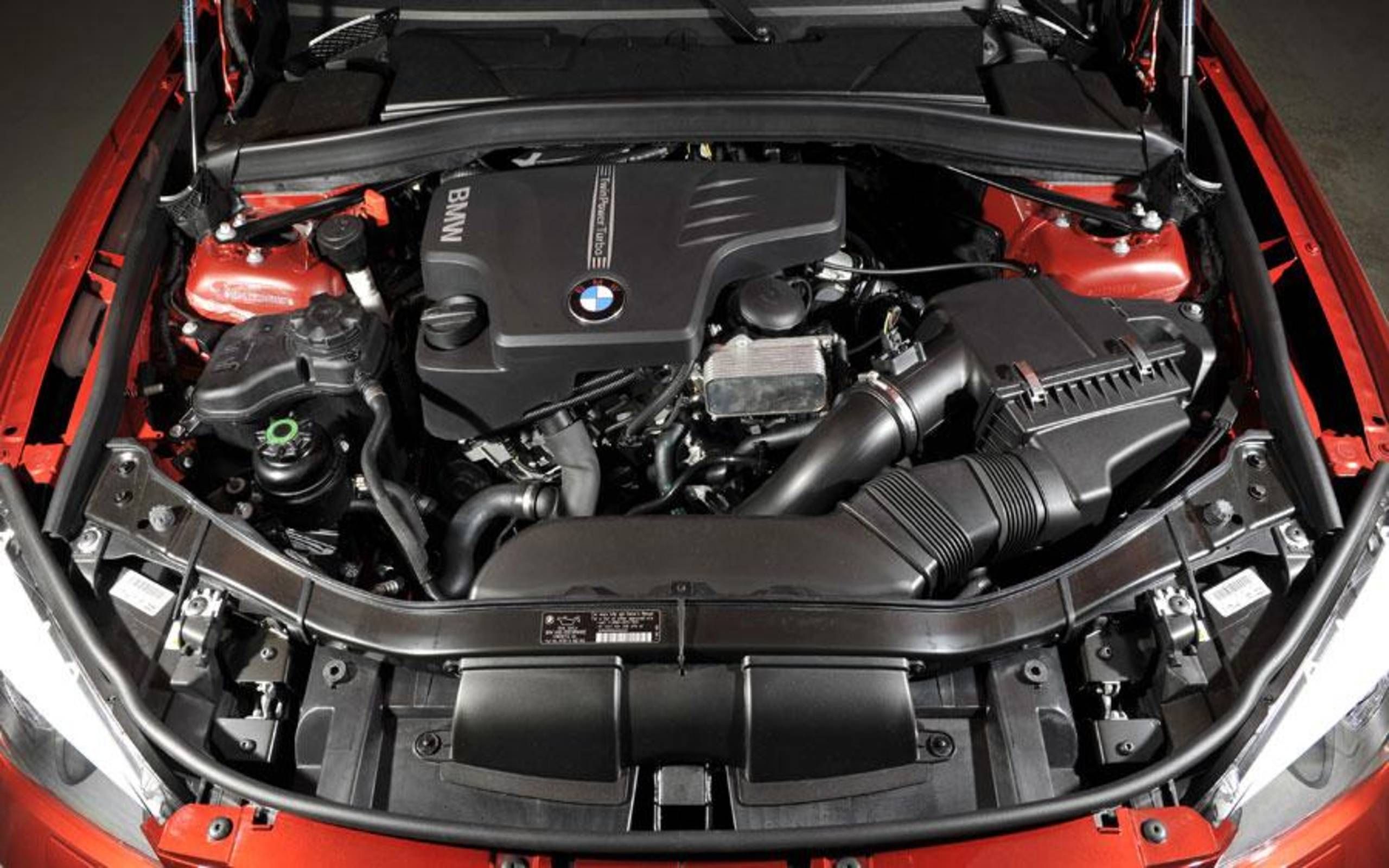Unveiling the Intricacies of Next-Generation Power Units: a Deep Study Advanced Engine Designs and Advancements
In the world of automotive engineering, the ruthless search of sustainability, performance, and efficiency has actually moved the development of power units to extraordinary elevations. As we stand on the precipice of a new age in transport, the details of next-generation engine styles beckon us to discover the sophisticated innovations and innovations that promise to redefine the driving experience. From sophisticated materials that push the borders of durability and weight reduction to advanced turbocharging and supercharging systems that boost power outcome to brand-new levels, each part of these power units holds a crucial to unlocking the future of automotive engineering. Digging deeper right into the worlds of emission control, smart engine management systems, and the perspective of power unit growth, we discover ourselves on the cusp of an improvement that assures to improve the landscape of flexibility as we understand it.
Evolution of Engine Materials

The change in the direction of progressed engine products has additionally enabled designers to make engines with greater power outcomes while keeping gas effectiveness requirements. The use of light-weight products minimizes the overall weight of the engine, leading to boosted fuel economy and lower exhausts. Additionally, improvements in materials modern technology have permitted for much better thermal management within engines, causing enhanced dependability and long life.
Turbocharging and Supercharging Technologies
Just How do Turbocharging and Supercharging Technologies reinvent engine efficiency and performance in contemporary lorries? Turbo charging and turbocharging are modern technologies that significantly improve engine efficiency by enhancing the quantity of air consumption right into the burning chamber. Turbocharging accomplishes this by making use of a generator driven by exhaust gases to pressurize the consumption air, while supercharging uses a belt- or chain-driven compressor to accomplish the very same effect.
These modern technologies enable smaller sized, more fuel-efficient engines to create power equal to bigger ones, called downsizing. By requiring even more air right into the cylinders, turbocharging and supercharging improve burning performance, causing enhanced horsepower and torque output without a considerable rise in engine size. This brings about much better velocity, pulling capacity, and general driving efficiency.
In addition, turbocharging and turbo charging contribute to boosted fuel effectiveness by enabling the usage of smaller sized engines that eat less fuel under regular driving conditions - bmw engine. This mix of improved performance and efficiency has made turbocharging and supercharging integral elements of numerous modern-day engine layouts
Exhaust Control and Environmental Impact
With raising worldwide worries regarding air quality and ecological sustainability, the application of discharge control technologies in cars plays a vital role in reducing dangerous pollutants launched into the ambience. Modern vehicles are furnished with advanced emission control systems that help minimize the ecological impact of auto operations. Catalytic converters, for example, are developed to convert harmful gases such as carbon monoxide gas, nitrogen oxides, and hydrocarbons right into less harmful substances like co2 and water vapor.
Furthermore, developments in you can check here engine technology, such as the assimilation of exhaust gas recirculation systems and careful catalytic reduction, have actually significantly added to reducing exhausts. These technologies function in tandem to enhance burning efficiency and minimize the launch of damaging contaminants into the air. Furthermore, the development of hybrid and electrical lorries stands for a critical step towards reducing the overall environmental impact of the transport sector.
Intelligent Engine Management Systems

In addition, these systems enable vehicles to fulfill rigid emissions standards without endangering efficiency, offering a more eco-friendly driving experience. The assimilation of man-made intelligence and artificial intelligence capacities in engine monitoring systems proceeds to press the boundaries of what is possible, resulting in further enhancements in performance, dependability, and general car performance. bmw engine. As auto technology advances, intelligent engine monitoring systems will certainly play a vital role fit the future of transport towards a more reliable and lasting instructions
Future Trends in Power System Growth
As intelligent engine management systems lead the way for boosted control and optimization in contemporary lorries, future trends in power unit advancement are poised to redefine the landscape of automotive propulsion technologies. Among the key fads driving advancement in power system advancement is the change in the direction of electrification. With a boosting emphasis on sustainability and minimizing carbon exhausts, hybrid and electric powertrains are becoming much more widespread in the auto industry. These different power resources offer enhanced effectiveness and efficiency while aligning with rigorous ecological laws.
An additional substantial fad is the integration of sophisticated materials and making strategies. Light-weight products such as carbon fiber and light weight aluminum are being used to reduce overall vehicle weight, enhancing gas efficiency and efficiency. Furthermore, improvements in 3D printing and additive manufacturing are allowing the production of intricate engine parts with pop over to this web-site greater accuracy and Get the facts durability.
In addition, expert system and device learning are playing a crucial function in optimizing power unit performance. These innovations enable real-time surveillance and adaptive control, causing more reliable and dependable power shipment. Generally, future patterns in power system advancement are geared in the direction of sustainability, efficiency, and effectiveness, driving the auto sector in the direction of a new era of propulsion technologies.

Conclusion
Finally, the developments in engine products, turbocharging, emission control, and intelligent management systems have actually led the means for next-generation power units. These innovations have not only improved efficiency and effectiveness but also decreased environmental effect. As innovation remains to develop, future trends in power system growth are likely to concentrate on more improving sustainability and maximizing power outcome. The complex layouts and innovations in modern-day engines showcase the ongoing evolution of auto modern technology.
Exploring the progressive developments in engine materials has actually been critical in boosting the performance and effectiveness of modern-day engines. Over the years, the development of engine materials has played a vital role in pressing the borders of what engines can achieve.The change in the direction of progressed engine materials has additionally allowed engineers to develop engines with higher power outputs while keeping fuel efficiency requirements.The execution of intelligent engine administration systems in modern-day vehicles has revolutionized the method engines are managed and enhanced for performance and efficiency. By gathering data in real-time and analyzing it with advanced algorithms, smart engine monitoring systems can adjust to driving designs, environmental aspects, and engine wellness to maximize power result while lessening gas consumption and discharges.